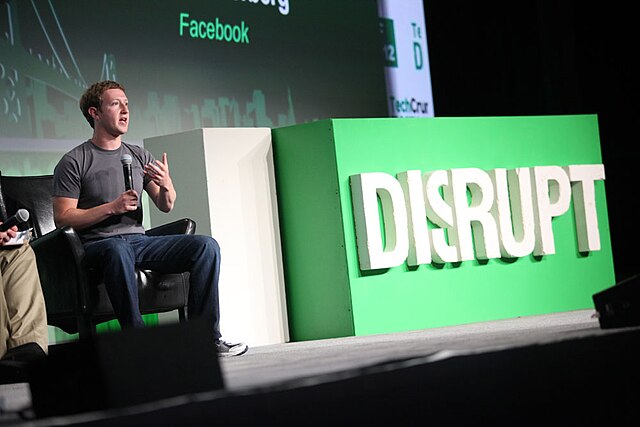
How Technology is Quietly Reshaping Political and Cultural
Josh Shear – Social media has become a defining part of modern life, influencing how people consume news, interact socially, and engage politically. Platforms such as Twitter, Facebook, and Instagram allow users to share opinions instantly, often shaping public discourse before traditional media has a chance to respond. While these platforms enable greater participation in reshaping political and cultural debates, they also amplify misinformation and polarizing content, subtly reshaping perceptions.
Algorithms govern much of what we see online. News feeds, suggested videos, and trending topics are curated based on personal interests and previous engagement. This selective exposure can reinforce existing beliefs and create echo chambers. Politically, this impacts voting behavior, awareness of civic issues, and even grassroots mobilization. Understanding how technology shapes political engagement is crucial for citizens navigating modern democracies.
Digital media has accelerated cultural evolution. Memes, viral videos, and online communities influence trends, language, and social norms. Subcultures once confined to local communities now have global reach. Streaming services, podcasts, and blogs introduce diverse perspectives, shaping tastes and opinions across generations. This democratization of culture empowers voices that were historically marginalized, but also raises questions about authenticity and quality in the content consumed.
Technology affects daily life beyond politics and culture. Smart devices, remote work tools, and streaming platforms have changed how we work and relax. Apps for productivity, communication, and organization optimize routines, while streaming and gaming platforms dominate leisure time. These shifts influence family dynamics, social interactions, and personal habits, subtly altering the rhythm of everyday life.
The convergence of politics, culture, and technology underscores the need for media literacy. Understanding sources, detecting bias, and critically evaluating information are essential skills. With misinformation spreading rapidly online, individuals must learn to navigate content carefully. Educating oneself and others about digital literacy ensures a more informed citizenry capable of engaging meaningfully in societal debates.
Online platforms also enable new forms of civic engagement. Petitions, digital town halls, and crowdfunding initiatives allow individuals to participate in activism and governance from anywhere. These tools democratize participation, allowing citizens to support causes, hold leaders accountable, and influence policy decisions in ways previously unavailable. The challenge lies in ensuring these platforms encourage constructive engagement rather than performative activism.
While technology offers convenience and access, overreliance can disconnect individuals from real-world experiences. Political debates, cultural appreciation, and social interactions can feel superficial if confined to digital spaces. Striking a balance between online and offline engagement is essential for developing nuanced perspectives and maintaining personal well-being.
Emerging technologies like AI, virtual reality, and blockchain are further reshaping politics, culture, and daily life. AI-driven news generation, VR cultural experiences, and decentralized platforms expand access while introducing ethical and societal questions. Keeping pace with these changes requires awareness and adaptability, ensuring technology enhances rather than dictates our cultural and political landscapes.
Read More: Emerging Trends in Digital Technology: What’s Next for Innovation
Individuals play a critical role in navigating the intersection of technology, politics, and culture. Responsible use of platforms, critical evaluation of content, and conscious engagement in cultural and political discourse are essential. While technology can amplify voices and connect communities, it can also distort reality if misused. Personal accountability is central to harnessing technology’s benefits without succumbing to its pitfalls.
In conclusion, technology is quietly reshaping political and cultural landscapes while influencing daily life. Its impact is pervasive, affecting how we perceive the world, interact socially, and engage civically. By cultivating awareness, critical thinking, and balance, individuals can leverage technology to enhance knowledge, participation, and cultural understanding. Embracing digital tools mindfully allows for a richer, more connected, and informed life in the modern age.
This website uses cookies.